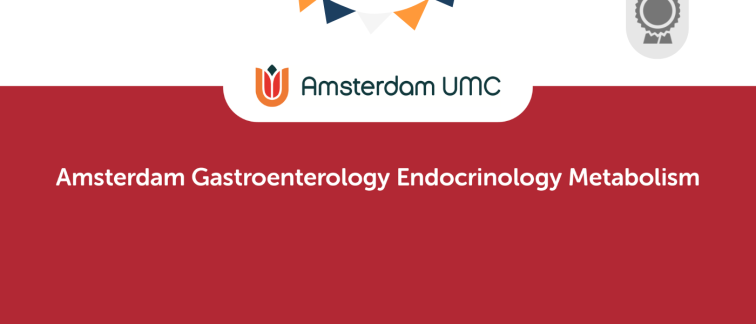The Dutch Research Council (NWO) has awarded Veni grants to 200 promising researchers from across all scientific disciplines, including three AGEM researchers. Each researcher is awarded a maximum of 320,000 euros which enables them to further develop their own research ideas over the next three years. Congratulations to the AGEM researchers on receiving this grant!
Bram Hulst
Ketones for Kidneys
When the body is under stress, it can transform fat and sugar into ketones, which organs use as an alternative energy source. Unlike regular energy sources, ketones need less oxygen to power cells. During heart surgery, patients receive anaesthesia and are connected to a heart-lung machine, which reduces blood flow and the delivery of oxygen to vital organs. This often leads to damage in vital organs such as the kidneys – a serious complication. This research will test whether giving ketones can protect kidney function and prevent damage due to reduced oxygen delivery during heart surgery. This discovery could provide doctors with a straightforward way to prevent kidney damage in heart surgery patients.

Anne van der Spek
Graves’ Disease: a key role for gut bacteria?
Graves’ Disease is an autoimmune disease that causes an overactive thyroid. Its symptoms are well-established, but the underlying cause is not. This research uses a computer method to identify gut bacteria in Graves’ Disease patients that confuse the immune system and are not, as previously thought, a consequence, but a cause of the disease. The researcher will measure recycling of thyroid hormone by gut bacteria, which could worsen symptoms, using a new method. Next the researcher will use patient immune cells and large databases of Graves’ patient material to determine whether the identified bacteria cause or worsen the disease.

Barbara Verhaar
The salty gut: on the crosstalk between sodium homeostasis and the gut microbiome
High blood pressure is a leading cause of heart disease worldwide, and eating too much salt is a major contributor. However, not everyone’s blood pressure reacts the same way to high salt intake, and the reasons for this are not well understood. This project explores how salt-tolerant bacteria in the gut may influence how the body absorbs sodium and regulates blood pressure.

The NWO Talent Programme gives researchers the freedom to pursue their own research based on creativity and passion. They receive up to EUR 320,000. The programme encourages innovation and curiosity. Curiosity-driven research contributes to and prepares us for tomorrow's society. That is why NWO focuses on a diversity in terms of researchers, domains, and backgrounds. Together with the Vidi and Vici grants, Veni is part of the Talent Programme. Read more on the NWO website.

